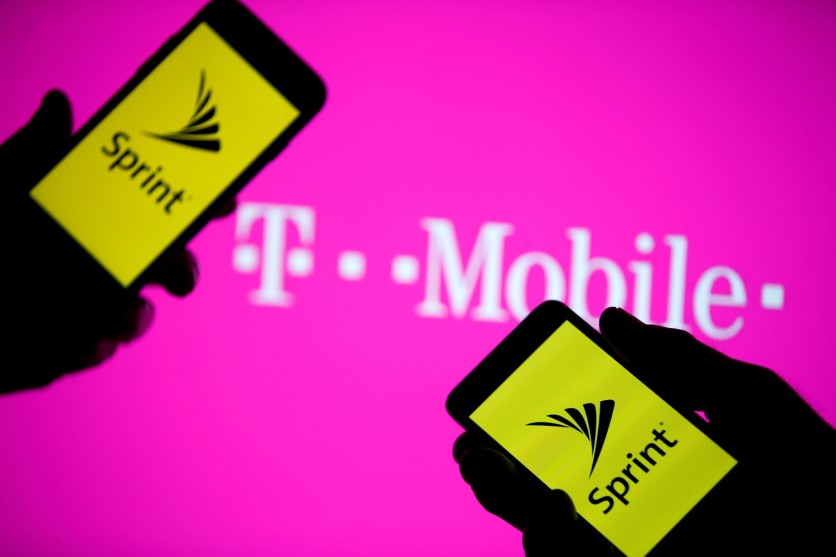T-Mobile U.S. Inc said it officially completed the merger with Sprint Corp. The combined corporation will now operate under the T-Mobile name. A U.S. federal judge approved the deal in February, rejecting a claim by a group that claimed the proposed transaction could violate antitrust laws and raise expenses.

Now that the deal is eventually closing, it can bring a seismic shift in the cellular world. T-Mobile and Sprint's mixed assets should push the industry further into next-generation technology. They've additionally said they'll lock in client expenses for at least three years. As a part of all the wrangling, Dish Network turns into the fourth countrywide carrier, giving consumers a new alternative.
Why a merger?
The merger was formally completed today after clearing several felony hurdles over the last year, including a Department of Justice review and complaints from several states.
T-Mobile and Sprint have long courted each other. The logic is simple: Verizon and AT&T are much bigger than either of the two corporations. A merger could create a stronger competitor.
Both telecommunication companies tried merging twice before. Sprint parent SoftBank floated the idea of dealing with T-Mobile in 2014. Still, regulators and the White House were eager to keep four countrywide competitors.
Trump's administration and the FCC have been more open to deals, which is why each facet got close to an agreement in 2017. The deal failed in the latter part of that year. SoftBank and T-Mobile discern Deutsche Telekom could not agree on how much each facet might get.
So Dish might be a brand new fourth carrier?
Yes. Though it is unclear what the service will seem like beyond using Sprint's prepaid commercial enterprise and retail stores.
Under the deal, Dish will pay $1.4 billion for the prepaid corporations and $3.6 billion for the 800MHz spectrum. Dish already has spectrum holdings in the 600MHz and 700MHz bands, in addition to a few midland holdings that'll permit for higher speeds.
"Taken together, these opportunities will set the stage for our entry as the nation's fourth facilities-based wireless competitor and accelerate our work to launch the country's first standalone 5G broadband network," Dish CEO Charlie Ergen said in a statement.
What's it all imply for consumers?
That's the $26 billion question. T-Mobile and Sprint promise a combined community that'll deliver higher provider at lower charges. They argue that their blended scale could assist them in constructing out a faster, more efficient group. But consumer groups disagree.
"This deal could be most dangerous to the two carriers' poorer and greater urban patron base, who pays dearly for this aggregate after yet every other failure by our nation's antitrust enforcers," stated Matt Wood, vice chairman of the policy and general counsel for Free Press. "This approval is nothing but bad information for individuals who already pay too much for critical communications services."
What occurs to current service plans?
T-Mobile's declined to comment on what the corporations plan to do with some of the ultra-competitive grandfathered plans that customers have clung to. T-Mobile usually has been excellent about honoring existing plans inside its personal service. However, it is doubtful what it'd do with Sprint's plans.
How will the migration happen?
The groups say it would take about three years to migrate customers over to the T-Mobile network. Though each company guides LTE, T-Mobile's older network is primarily based on a technology known as GSM, and Sprint is based totally on CDMA -- incompatible networks.
Fortunately, famous telephones like some Samsung and the iPhones on Sprint can run on T-Mobile. The new 5G-enabled phones are also supported on each network. Sievert says there are about 20 million Sprint phones, which might be like-minded on T-Mobile.
Eventually, the idea is to get all and sundry onto the T-Mobile community.




